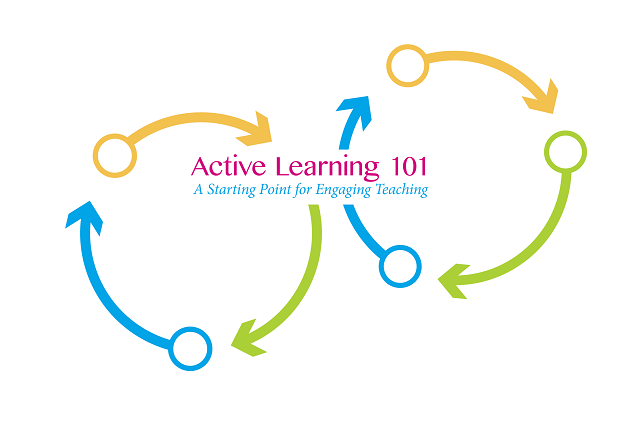Active Learning 101
This four-hour session, facilitated by David Wyrtzen, Associate Director for Faculty Training and Outreach, Digital Classroom Services will explore the fundamentals of active learning. Instructional Designers will discuss the pedagogic underpinnings … Read More

